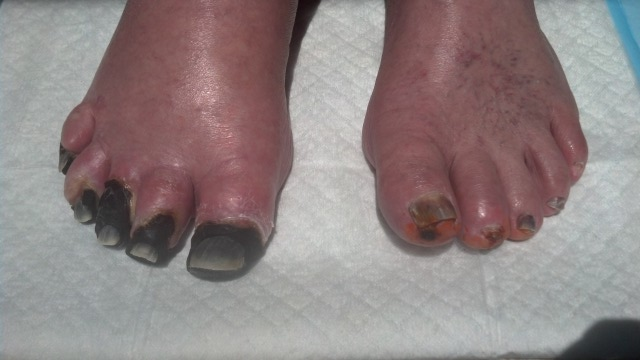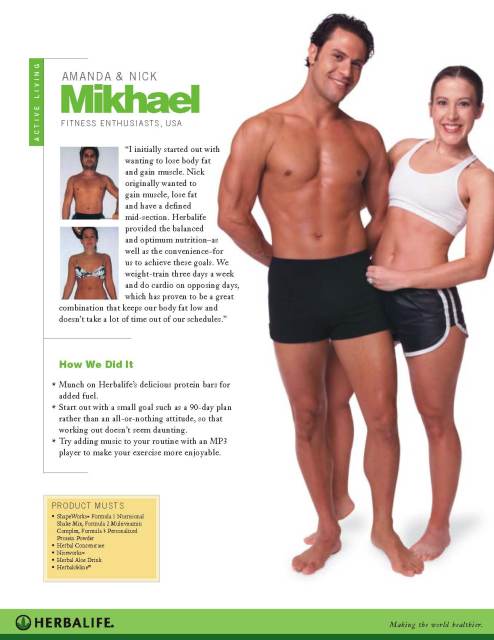VITAMINS AND FAT
Question
I appreciate all of the useful info. I'm left with one question, i.e., whether fat must be consumed at the same time as the vitamins. Some of my recipes have hardly any fat. Thanks.
-------------------------
Followup To
Question -
I eat a low-fat diet, and I take a multivitamin daily. I understand that some dietary fat is necessary in order for certain vitamins to be absorbed. Must the fat and vitamins be consumed at the same time? If so, roughly how much fat is necessary when I take the multivitamin? Thank you for your generous help.
Answer -
Hello Herb!
Thank you for nutrition question. You are correct that dietary fat is needed in order to absorb certain vitamins such as A, D, E, and K. Most fat should come from monounsaturated or polyunsaturated sources (for instance, fish, nuts, canola and olive oils and spreads. Try eating a handful of nuts such as almonds daily. Use 3-4 tsps of olive oil daily in cooking. Eat a 3 oz. portion of fish 1-2 times weekly.
Here are more specifics relating to fat:
Total fat intake should be between 20 and 35 per cent of total calories.
Less than 10 per cent of calories should come from saturated fats, such as those found in animal products (meat and full-fat dairy).
We should keep consumption of trans fats as low as possible (anything that says hydrogenated or partially hydrogenated on the label).
We should consume less than 300mg of cholesterol a day
Meat, poultry and dairy selections should be lean, low fat or fat free.
We should consume no more than 6 teaspoons of oils a day (cooking oils, and those in salad dressings and mayonnaise).
-George Rapitis, Bsc. Nutritionist
www.juiceblend.com
Dear Herb,
Thank you for the follow up. Yes, it is best to take the vitamins with your meal in order to receive the most health benefit. When you take the vitamins eat a snack such as a handful of almonds. They will be better aborbed by your body.
=George
- Prev:food for energy, lean mass
- Next:Daily calories
Related Articles
-
Nutrition questions
QuestionHi, I am a 28 year old male. I weigh 245 but I am
-
Gluten bloating?
QuestionHi I havent had the tests done but my doctor thinks my ab
-
can this be right?
Questioni went to this website, http://kirtland.cc.mi.us/~balbach
-
Bloating after lunch
QuestionGlyn I hope you can help.Its driving both of us crazy! Hi
-
Conversion
QuestionHi Laurie, Thank you so very much for your answer to the
-
weight loss/with age
QuestionI am a 42 year old female. In the past 2 years I ha




